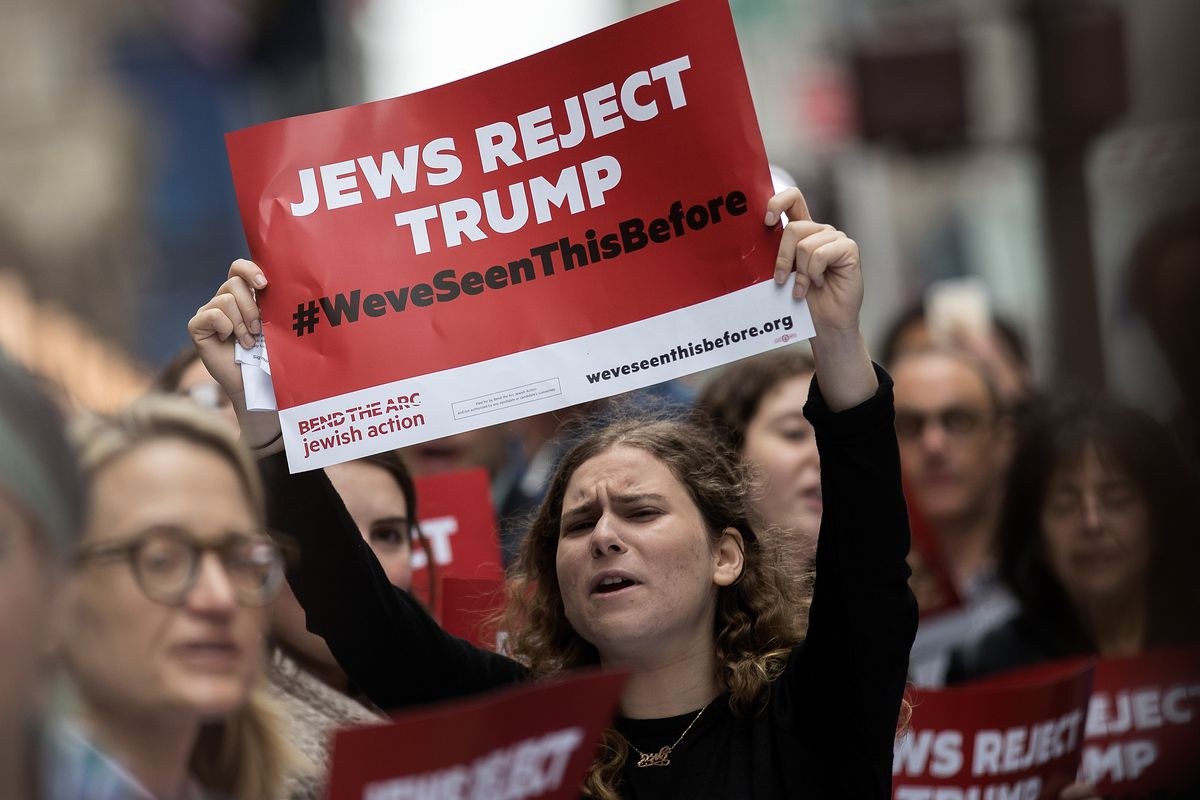The Hill
The House committee investigating the Jan. 6, 2021, attack on the Capitol is increasingly turning to the Department of Justice as a potential partner for carrying out its mission once the panel sunsets.
The two investigative teams have at times been at odds over the last year and a half, with the panel rebuffing a request from the Department of Justice (DOJ) to share transcripts of its interviews in May.
But as it stares down an end-of-the-year deadline, the committee’s tune is changing toward something reminiscent of a high school yearbook: Let’s keep in touch.
‘If they would want to talk to some of our investigators or members of the committee, I think part of our duties and our oath of office is that we have to cooperate. And I see that cooperation being ongoing,’ Chairman Bennie Thompson (D-Miss.) told reporters on Thursday.
‘If they have a particular interest in a subject or a subject matter, then we will be as cooperative as we can with respect to sharing it.’
In the past, the committee has been more reticent to share its information with the department.
An initial agreement was reached after the DOJ complained in court that the panel’s failure to furnish the transcripts would ‘complicate’ their investigation.
But it turns out the panel never made good on the arrangement, with Thompson telling reporters earlier this month the committee changed its mind.
‘We never shared it,’ he said, adding later, ‘The committee just made a decision not to.’
Attorney General Merrick Garland flagged the disagreement in a recent press conference.
‘We would like to have all the transcripts and all the other evidence collected by the committee so that we can use it in the ordinary course of our investigations,’ he said. ‘We are asking for access to all of the transcripts. And that’s really all I can say right now.’
Any turf battle over transcripts is about to end with the Dec. 21 release of the committee’s report.
The panel plans to make public much of the evidence it has collected, including interviews and depositions with more than 1,000 witnesses.
It will be the final official act of the committee, as its mandate ends with the release of its report.
But the panel hopes to see its work live on through the Department of Justice, a point made clear by its plans to make criminal referrals for those it contends broke the law in the effort to stop the peaceful transfer of power. ‘As you know, DOJ has been actively pursuing our work product. So we think now’s a good time to share it with them,’ Thompson said.
He noted that it’s ultimately up to the department to determine how to move forward on the panel’s recommendations. ‘It’s strictly a DOJ product at that point,’ Thompson said.
The committee in recent weeks formed a subcommittee to evaluate the extent that behavior from former President Trump and those in his orbit justified making criminal referrals and to determine whom to include on the list.
Rep. Jamie Raskin (D-Md.), the chairman of that subcommittee, said the panel has yet to completely winnow the list, which will be revealed in the committee’s final report on Dec. 21.
‘We want to make sure no one slips through the cracks. We want to make sure that the key organizers and movers of this attack don’t escape the scrutiny of the justice system,’ he said.
The criminal referrals won’t just be a list of names, but will instead likely include a list of statutes violated, along with legal analysis and evidence.
‘The committee is engaged in very painstaking due diligence about all of the statutory events…and reviewing the record and the video and the testimony. Even though what we’re doing is just making a referral of our views, we want to take it very seriously,’ Raskin said.
For its part, the DOJ appears to be ramping up its own investigation into Jan. 6 following the appointment of Special Counsel Jack Smith, who is likewise overseeing the investigation into the mishandling of records at Mar-a-Lago after Trump announced he would again seek the presidency in 2024.
A slew of former Trump White House staff have appeared before a grand jury in recent weeks, while the DOJ also sent out fresh subpoenas relating to Jan. 6, asking local government officials in three states for any communication with some 19 different Trump campaign staffers or associates.
The DOJ will be left to grapple with what charges to bring and whether it is willing to take on the high stakes, first-ever prosecution of a former president or others in his orbit.
And it has a mixed record when it comes to taking prosecutorial advice from the panel, filing charges against just two of the four contempt of Congress recommendations forwarded by the full House for former White House aides that failed to comply with subpoenas.
Thompson acknowledged that it’s unusual for a House committee to make such weighty recommendations on individuals’ criminal behavior.
‘I think the more we looked at the body of evidence that we had collected,’ he said, ‘we just felt that while we’re not in the business of investigating people for criminal activities, we just couldn’t overlook some of it.’
